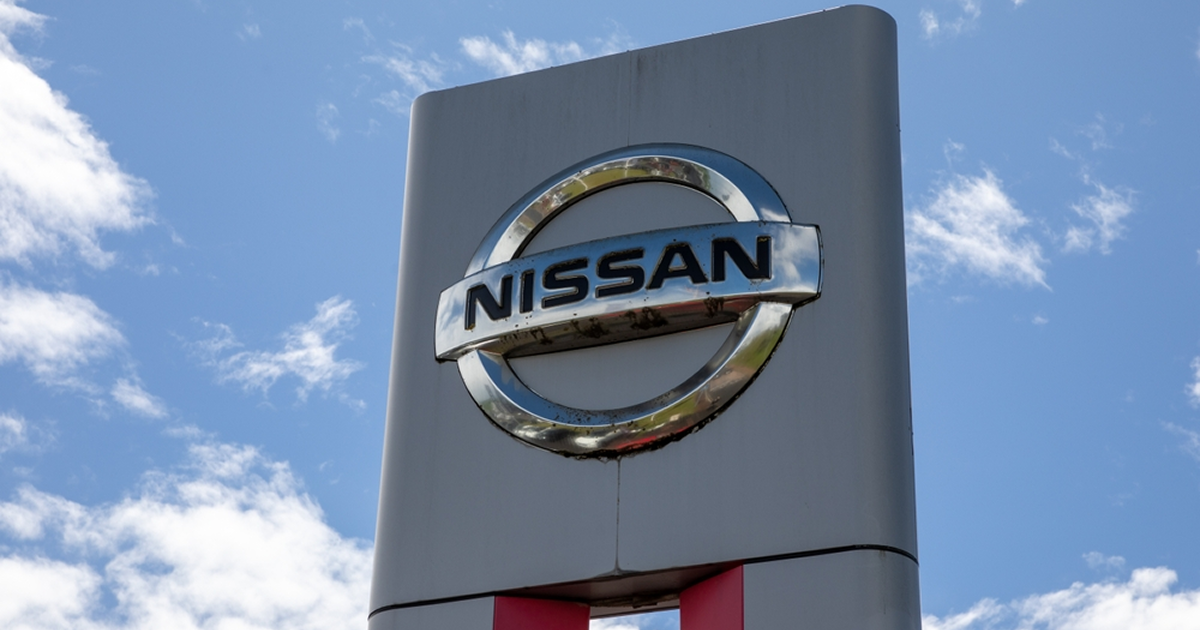
News Global Market auto industry 1833 14 May 2025
The Japanese manufacturer has presented a restructuring plan
Following the announcement of disastrous annual results, Japanese automaker Nissan Motor Co will close seven plants as part of a large-scale restructuring plan, leading to the loss of 20,000 jobs worldwide. This is stated in the company’s message.
In the 2024/2025 fiscal year (ended March 31, 2025), Nissan’s operating profit decreased by 87.7% year-on-year due to lower sales, a weaker portfolio, price pressure and higher costs. Overall, the company recorded a net loss of $4.5 billion in the fiscal year.
The financial results of the Japanese group will, among other things, affect the French manufacturer Renault Group, which holds a 35.71% stake in Nissan. Renault expects a negative impact of €2.2 billion in the first quarter of 2025 from impairment of assets and restructuring costs at Nissan.
The Japanese automaker predicts that in fiscal year 2025/2026, the business will continue to face difficult conditions due to fierce competition, currency and inflationary pressures.
On May 13, the company announced a recovery plan for Re:Nissan. As noted, it provides for decisive actions to improve efficiency and create a more flexible, sustainable business that can quickly adapt to market changes.
Through this plan, the automaker plans to achieve total savings of 500 billion yen ($3.4 billion) compared to the actual results of fiscal year 2024/2025 by saving on fixed and variable costs.
Re:Nissan, in particular, involves restructuring its production base and improving efficiency. Thus, the company will consolidate its car production plants from 17 to 10 by FY2026/2027 and plans to reduce the number of employees by 20 thousand in FY2024 to FY2027 (including the previously announced reduction of 9 thousand employees). The global workforce reduction includes direct/indirect positions and contractual positions in production, SG&A, and R&D.
Nissan is also reviewing its market approach to better meet the needs of local customers and adapt its product strategy to the updated vision. The market-specific approach includes positioning the United States, Japan, China, Europe, the Middle East and Mexico as key markets, and applying customized strategies to others.
John Elkann, Chairman of the Board of Directors of Stellantis, believes that the current course of tariffs by the US and strict EU emission standards pose risks to the US and European automotive industries. He called the current conditions for the sector “extreme”.




